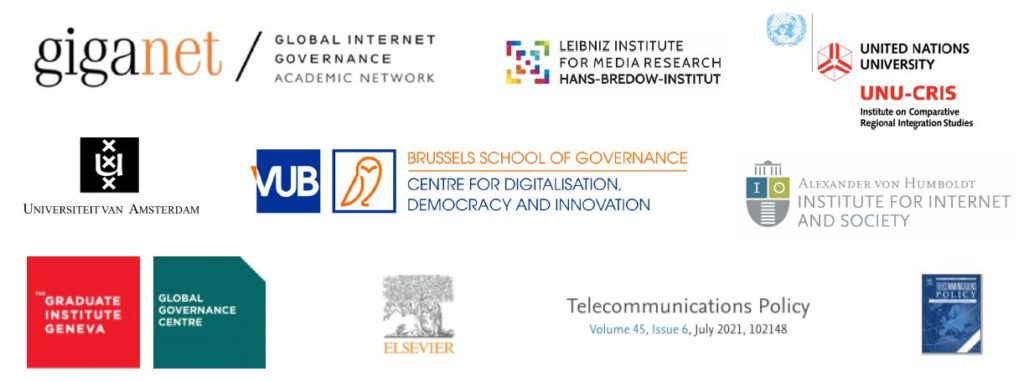Friday, April 1st at 4 PM CEST, online, register here
Until now, sanctions on the Internet infrastructure have not been explicitly used, perceived by some as an unacceptable barrier to communication. However, recently, when Russia invaded Ukraine, the Ukrainian government explicitly asked for such sanctions. In response to that, Internet governance organizations rejected this notion, but others proposed that sanctions and boycotts should also be imposed on various properties of the Internet.
Sanctions are not new. The Internet and many Internet services have long been affected by economic sanctions that governments impose on other nation states. Such sanctions have blocked people’s access to online services and, to some extent, to Internet infrastructure. Considering the importance of the Internet in connecting people, nation states have come up with waivers for certain transactions that take place on the Internet. Today, in the face of atrocities being committed by Russia against Ukraine, is it time to reconsider whether sanctions are “absolutely” bad for the Internet? What can be learned from other examples of internet-related sanctions, such as Iran? Join us to debate the desirability and potential intended and unintended consequences of explicitly Internet-oriented sanctions. Is it possible to design sanctions and boycotts targeting Internet infrastructure and services that can be proportionate, precise, effective and that can provide relief for Ukraine and those affected by war?
Panelists:
- Courtney Radsch, Fellow, Institute for Technology, Law & Policy, UCLA and ARTICLE19 US adviser (moderator)
- Andrew Sullivan, CEO, Internet Society
- Farzaneh Badii, Founder, Digital Medusa
- Bill Woodcock, Executive Director, Packet Clearing House
- Yik-Chan Chin, Associate Professor, Beijing Normal University
- Svitlana Matvitenko, Assistant Professor, Simon Fraser University, School of Communication (video contribution)
Sponsoring organizations:
- UCLA Institute for Technology, Law & Policy
- GigaNet
- Digital Medusa
- ARTICLE19
- University of Amsterdam, IN-SIGHT.it project
Details:
When: Friday, April 1st at 4 PM CEST/10 AM ET/7 AM Pacific Time
Please use the following link to register for the event: https://ucla.zoom.us/meeting/register/tJMqd-CgrTguHNbZiKa-Rq2ugJHXblvZlO45

